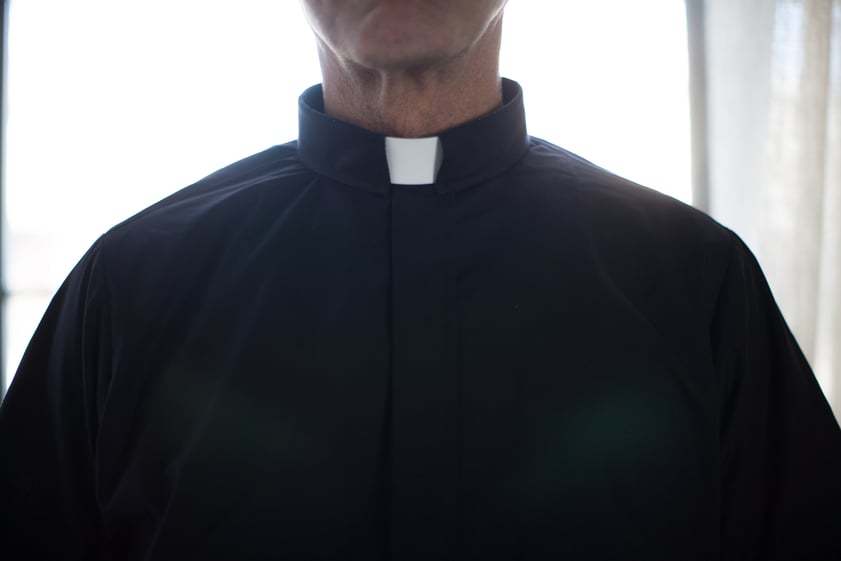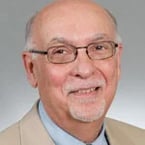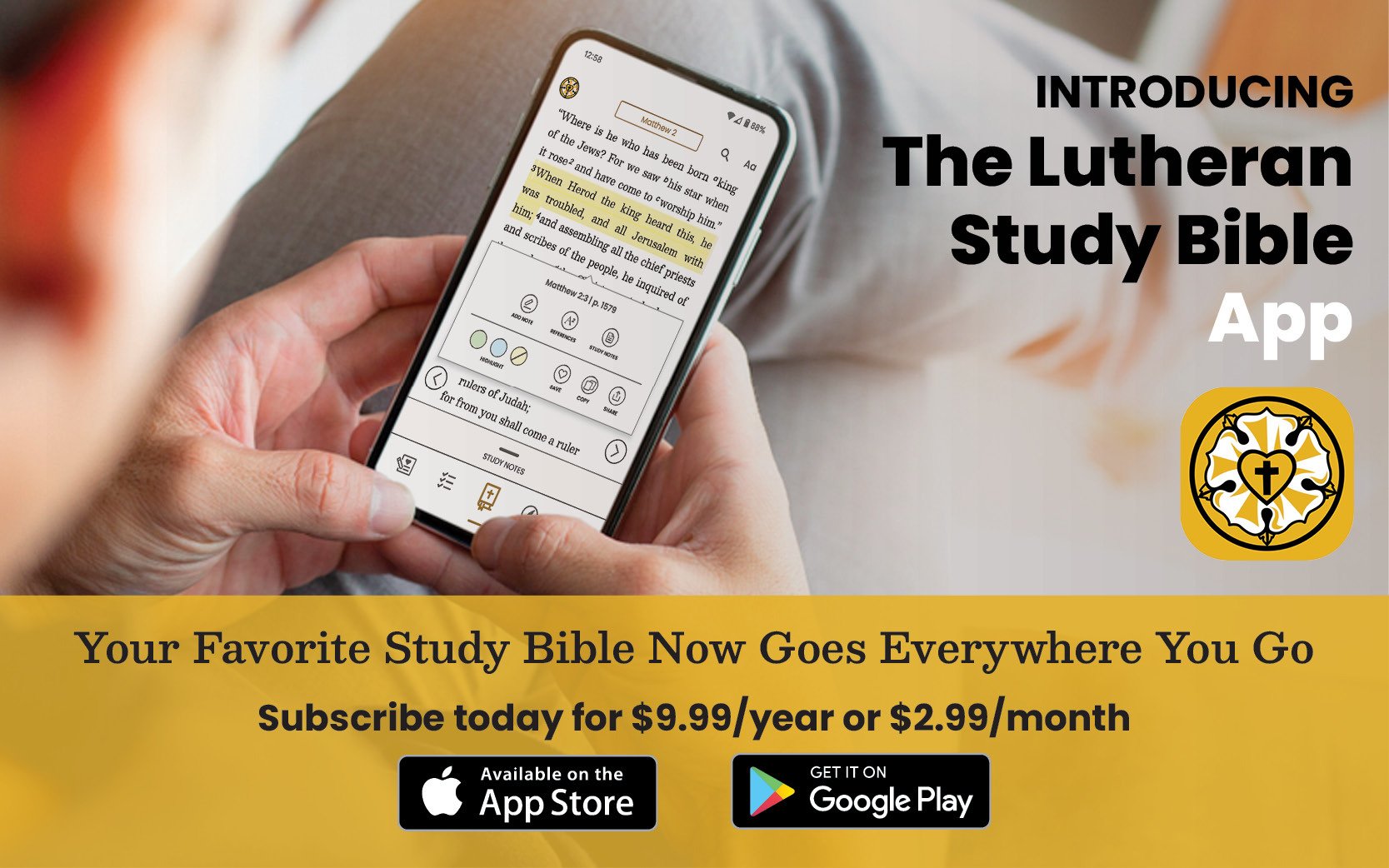When a congregation has a vacancy in the pastoral office there is often a general sense of anxiety concerning the future.
“How soon can we find a new pastor?” . . . “We need someone who is able to care for us like our former pastor did!” . . . “What if the pastor we call declines the call, and it happens again, how will we take it?” Responses like these may be common.
And there is anxiety about the present:
“How do we go about finding a new pastor?” . . . “What is the process of the call process?” . . . “What should we be doing in this in-between time?” . . . “Figuring all these things about how we call a pastor is overwhelming.” Responses like these may be common, especially among congregational leadership.
A few thoughts and recommendations concerning this in-between time of pastoral vacancy:
- Pray for the guidance of the Holy Spirit and make this a top priority for all congregational members. This process of calling a new pastor is a matter of great spiritual significance and is especially in need of the Holy Spirit’s activity. Congregational leaders and members should pray for the removal of barriers to the Spirit (such as, perhaps and among others, personal agendas, unfinished conflicts, debilitating anxiety, and fear for the future as well as prevailing grief at the loss of the previous pastor or anger at him for leaving) as well as for the presence of and free action of the Spirit in the members of the body of Christ.
- Contact the Synodical District about the vacancy and stay in ongoing contact with the circuit visitor who, in most cases, will be the District person aiding the congregation. Our LCMS District offices do have established ways to move forward. Use them robustly. Congregations move forward at their own peril when they move totally unilaterally. Close cooperation is a key here. A major point here: Follow the lead of the circuit visitor if possible. Many questions about the call process, he should be able to address.
- Appoint or elect a call task force. Make it small enough to be efficient (likely 7 is certainly the outside number) and both representative of the congregation and of the community toward which outreach is intended. A variety of people by age, gender, and ethnic background is also desirable. This task force will seek names of possible pastors to call from congregational members and from the District. They will receive information about a number of possible candidates. At the same time this gathering of names is going on, another process must also be happening. This process follows.
- Take the temperature of the congregation by developing a future vision, direction, mission or picture of what the congregation wants and needs to be as the gathering of followers of Jesus in its community and what kind of/style of pastoral leader it needs to move, under the Spirit’s guidance, toward that picture. Many Districts offer to help with a self-study. Use it or some other process to identify the hoped-for future for the congregation. The development of this picture or vision needs to be a congregation-wide process, not just one of congregational leadership. It is important to get this done before calling a pastor, as it will help in sorting through names of possible pastors that emerge during the pastoral search. If this is not done beforehand, sorting through pastoral names and qualifications will be slowed because congregational members, even members of the call task force, will be selecting pastors they want to see called based on their own personal vision of the future. The problem: The overall vision itself is not being discussed or formulated. The solution: Get the vision basically in place before examining pastoral candidates.
- Develop an intentional support system for your new pastor before you offer a call. Congregational leadership is central to this development. A congregation should not call a pastor and then sit back and wait to see how the ministry goes, or how the pastor can care for himself. We live in the community that St. Paul calls the body of Christ, and in that community all members intentionally care for and support each other. CPH has a book available that I authored, Holding Up the Prophet's Hand: Supporting Church Workers. This book could be very helpful here. And, of course, having a congregation that has developed a picture of itself as a mutual support-of-each-other-in-the-name-of-Jesus community means that this will be a core value in the picture developed of the congregation itself. In short, have in place a plan for the new pastor, before a call is issued, that includes areas of support, encouragement and growth. In addition, have a plan for the support of the pastor’s spouse and his marriage (if he is married) and his family (if there are children and other members of the extended family).
- Set up an orientation and transition task force. Here is another place where intentionality comes into play. For instance, by what means will the new pastor come to know the community, the schools, and the housing opportunities? How will the pastor, his spouse and his family be intentionally welcomed into the congregation? How, specifically, will the congregation show its value of hospitality? What ways does the congregation want the pastor to learn about it?
All these are proactive recommendations. In the case of a pastoral vacancy, passivity is not something to be valued. Active and intentional planning becomes a very important factor. Obviously, all of this takes energy and time. But, if the process is well-done it saves much struggle later.
And, one more recommendation:
- Repeat recommendation #1 every day.
Gain practical tips for supporting pastors and church workers in Holding Up the Prophet's Hand.






.jpg?width=50&height=50&name=IMG_20220621_160541_456%20(1).jpg)







